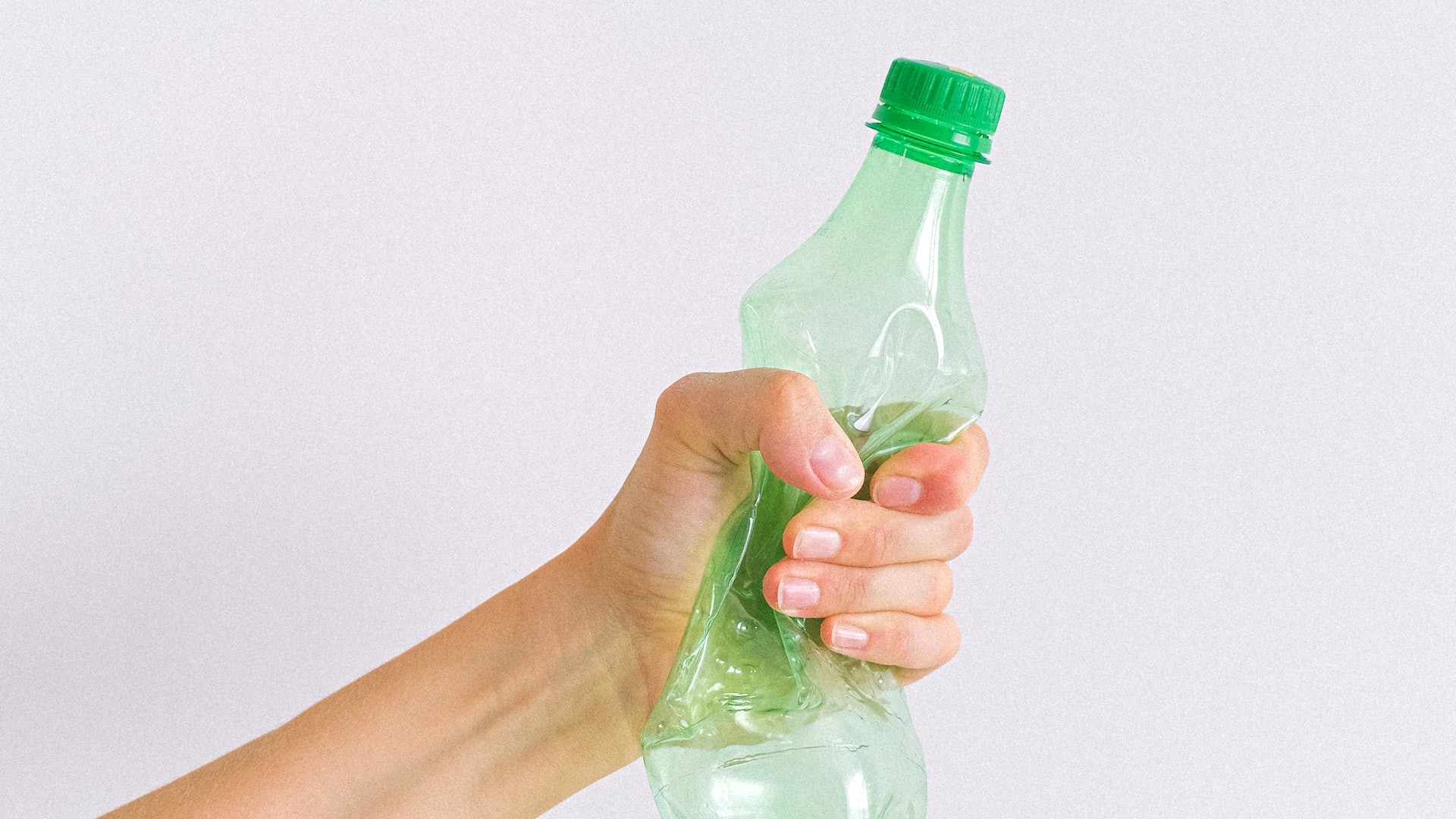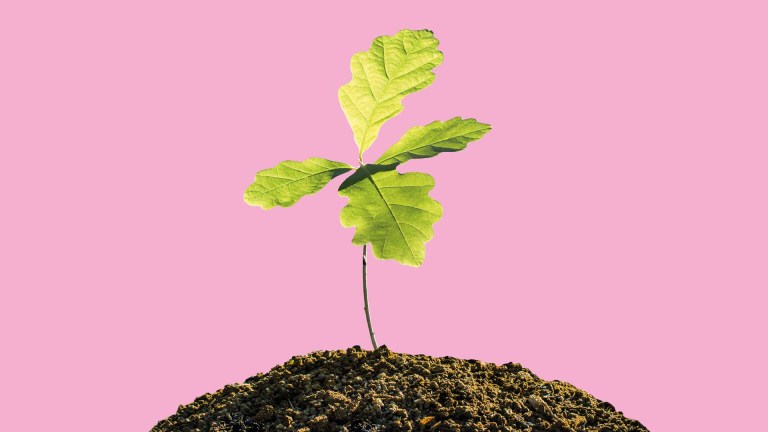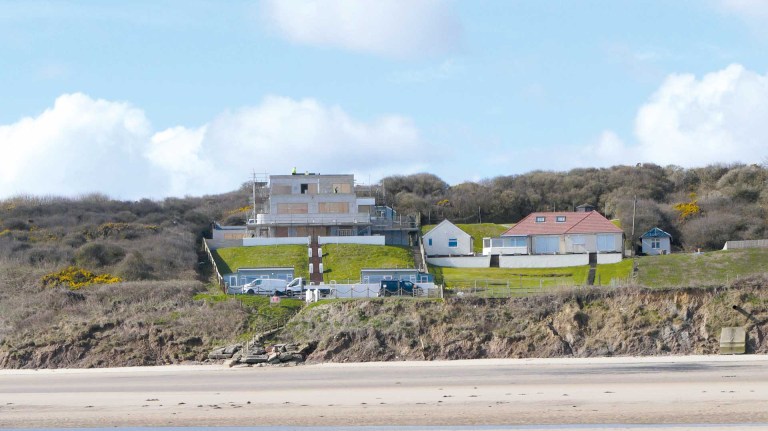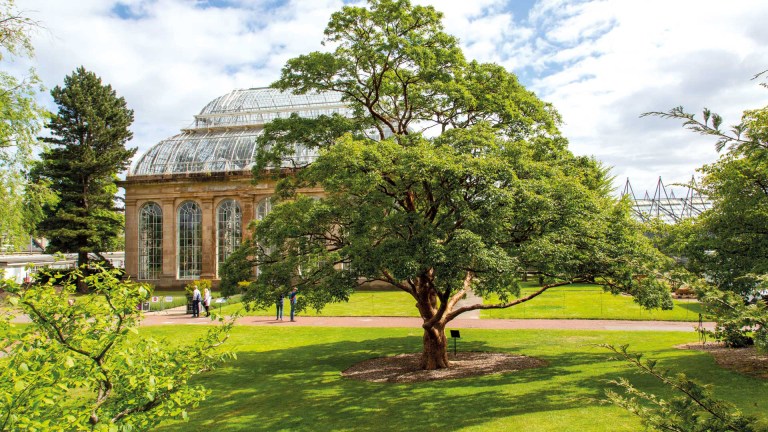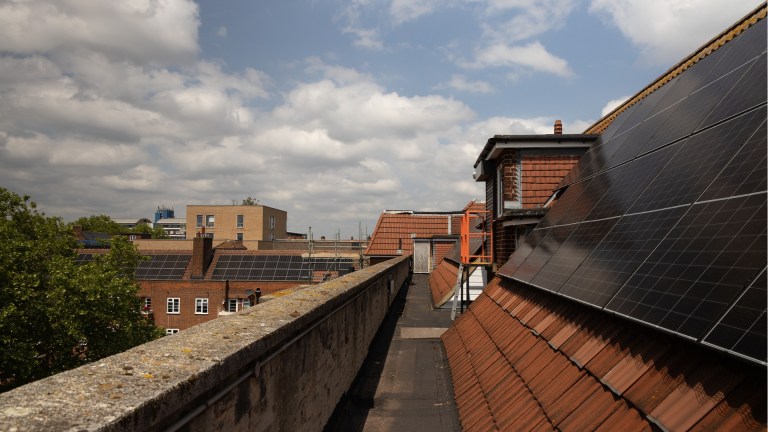The UK produces up to 1.5 million tonnes of plastic waste every year, choking rivers and blighting the ocean. But researchers have discovered a new way of cutting the country’s plastic pollution. Rather than burning it or putting it through lengthy and inefficient recycling processes they have a simpler suggestion: we should simply eat it.
Scientists from the University of Edinburgh have found a way to convert the plastic used for food packaging and water bottles into vanillin, the main component which gives vanilla beans their taste and smell.
The discovery “challenges the perception of plastic being a problematic waste” and instead shows it can be a valuable resource for creating some of the nation’s favourite products, according to Stephen Wallace, senior lecturer in biotechnology and co-author of the study.
Around 50 million tonnes of polyethylene terephthalate (PET) – the strong, lightweight plastic commonly used in everyday items – are generated around the world each year, and current methods for recycling it create products which still add to plastic pollution.
Scientists used lab-engineered E. coli bacteria to set off a series of chemical reactions which transformed PET into vanillin, which is widely used in food and cosmetics as well as in herbicides and household cleaning products.
Support The Big Issue and our vendors by signing up for a subscription.
